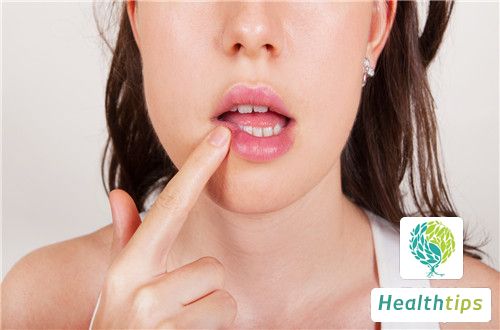"What Are the Hormonal Changes After Childbirth?"
After pregnancy, women's hormones undergo significant alterations, potentially accompanied by early pregnancy or discomfort symptoms. As pregnancy nears its conclusion, hormone secretion levels in women's bodies fluctuate accordingly. Postpartum, hormones remain unstable, contributing to facial freckle proliferation, skin laxity, and hair loss. One notable consequence of postpartum hormonal shifts is the rise in facial freckles, skin quality deterioration, and body shape alterations. Common misconceptions attribute postpartum body shape changes solely to stretched abdominal skin's sluggish recovery; however, the primary factor lies in the decline of postpartum estrogen.

Concurrently, brown spots, freckles, and other blemishes may emerge on the face, causing skin sagging and loose buttocks. Hair loss and excessive body hair growth are also prevalent issues. This stems from estrogen's suppression of androgen during pregnancy, with the postpartum surge in androgen challenging the body's adaptation. Another manifestation of postpartum hormonal changes involves mood swings and postpartum depression, where women may become easily agitated, experience frequent mood dips, and struggle with anger management. Minor incidents can trigger intense anger and dissatisfaction. These conditions are linked to reduced postpartum progesterone and estrogen, highlighting estrogen's impact on both physical and mental health.
Postpartum depression warrants special attention due to its escalating incidence. The third manifestation of postpartum hormonal changes is postpartum sexual aversion, where many women refrain from or resist sexual activity with their partners for an extended period postpartum. This stems from the dearth of postpartum sex hormones, leading to vaginal dryness, diminished sexual arousal, and desire. Some women may also encounter pain during intercourse, which typically improves around six months postpartum. These are three common manifestations of postpartum hormonal changes. If you or your partner experiences any of these symptoms postpartum, consulting a healthcare professional for potential improvement strategies is advisable. In severe cases, postpartum depression can lead to suicidal thoughts, emphasizing the importance of seeking professional help.



















